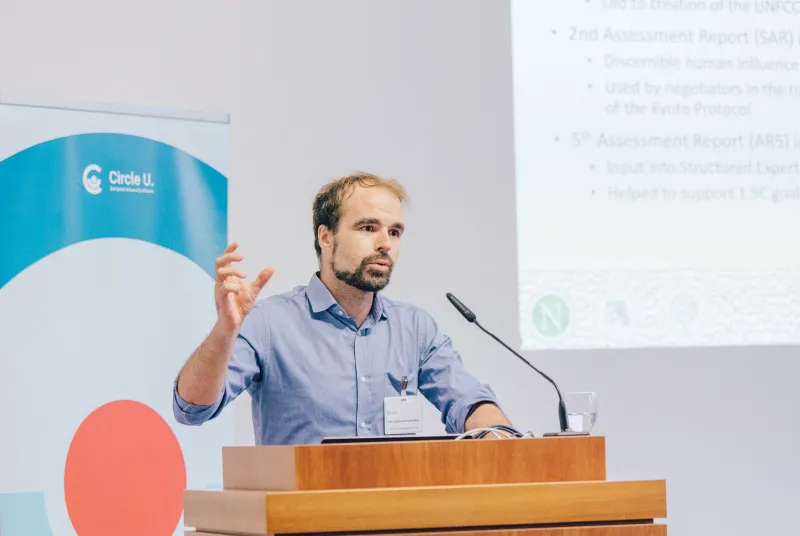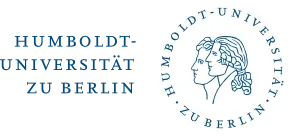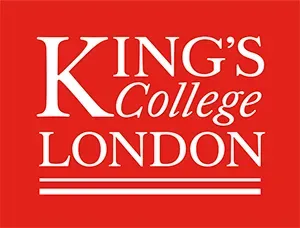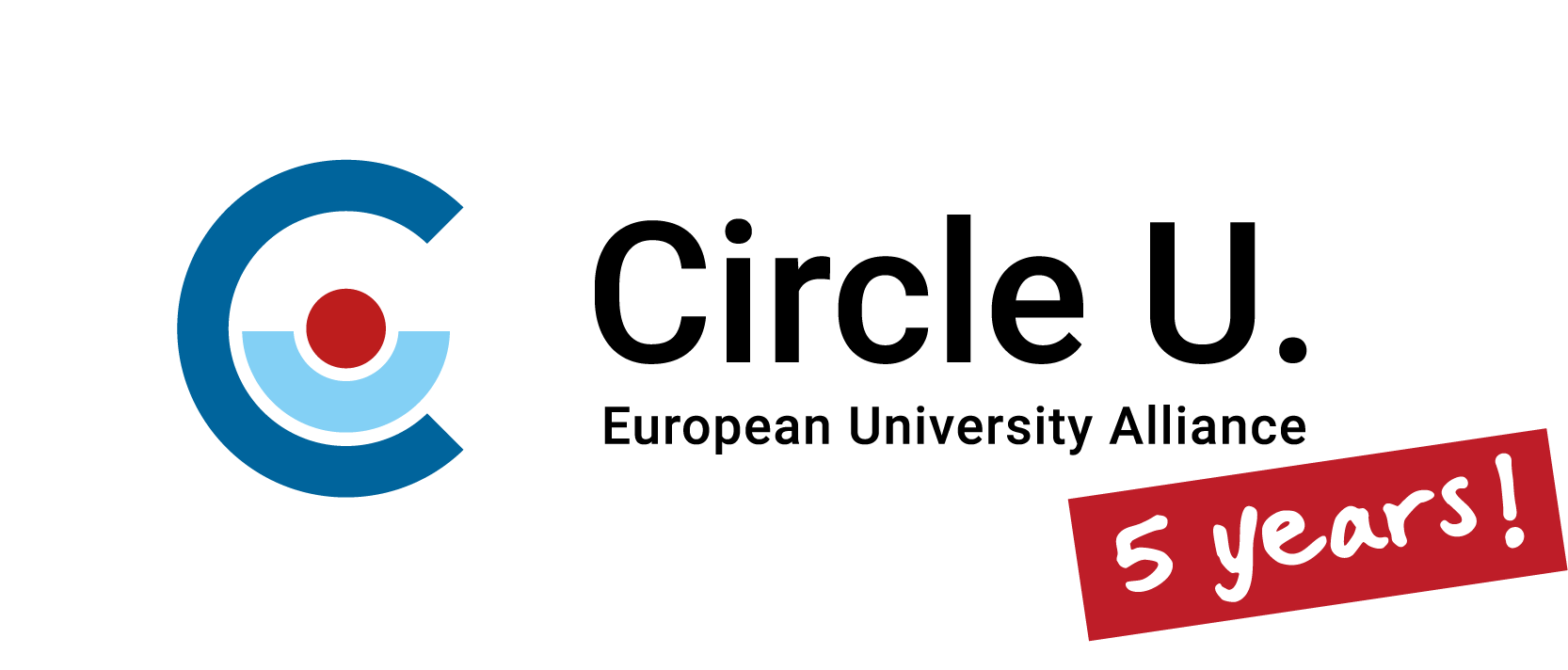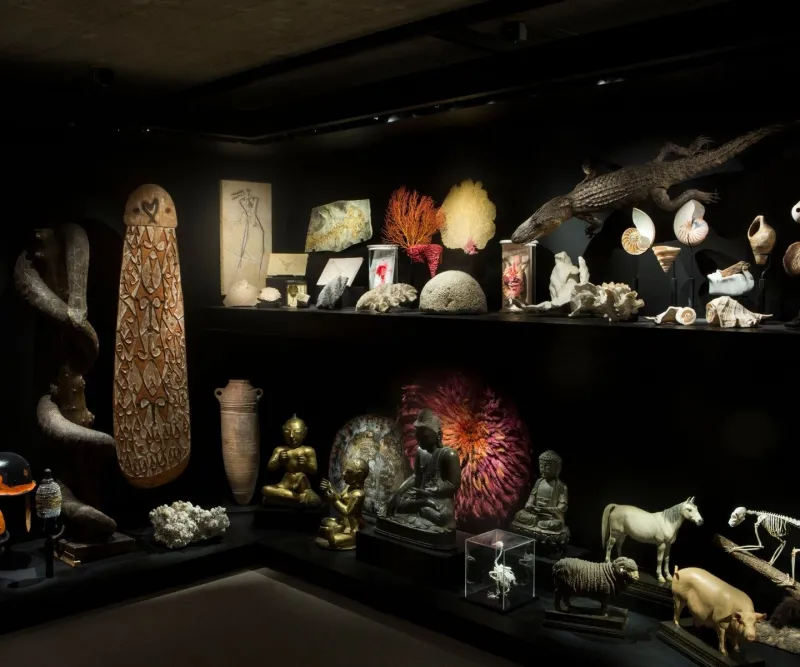
Circle U. Seed Fund: New Challenges for the Circle U. Collections (NCFCUC)
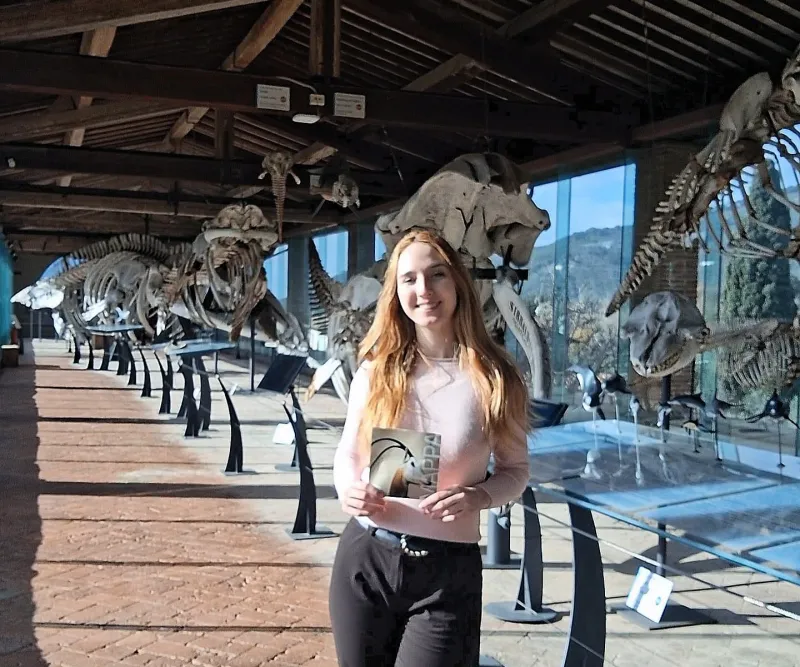
One alliance, one campus: free museum entry for Circle U. students in Pisa

The Anthropocene: Circle U. Brings Students Together to Rethink Climate and Democracy
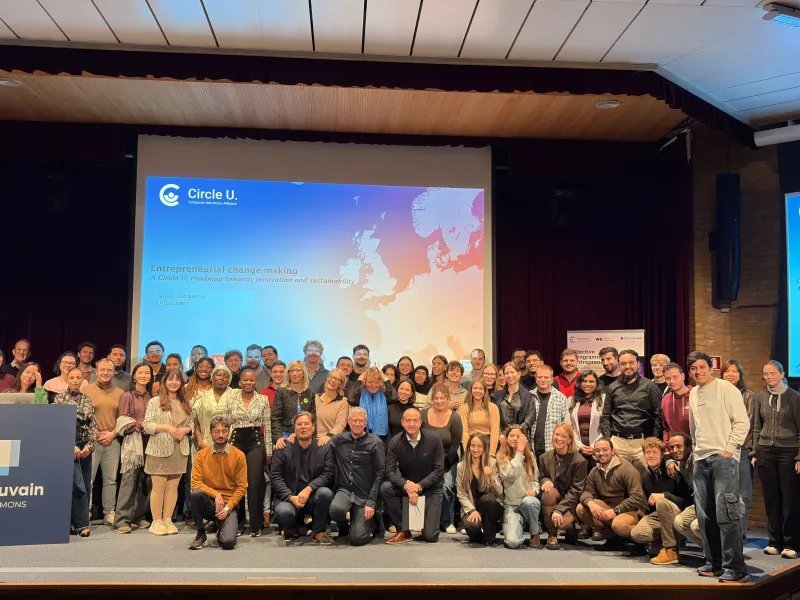
Training tomorrow's change-makers: an inspiring Circle U. week at UCLouvain

Exploring Mixed Methods in Applied Linguistics Research : One Week at UCLouvain

What to look forward to in 2026?
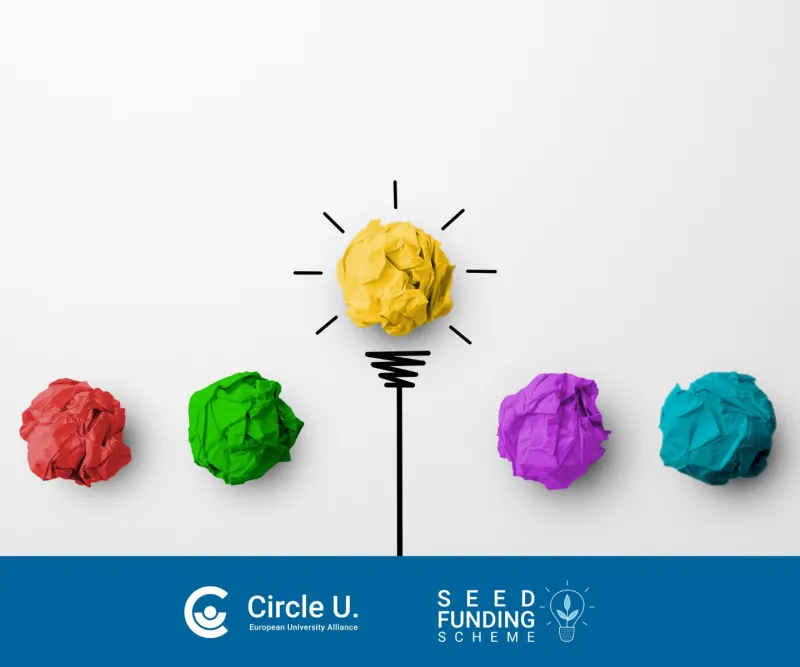
Circle U. Seed Fund: discover the 11 funded projects
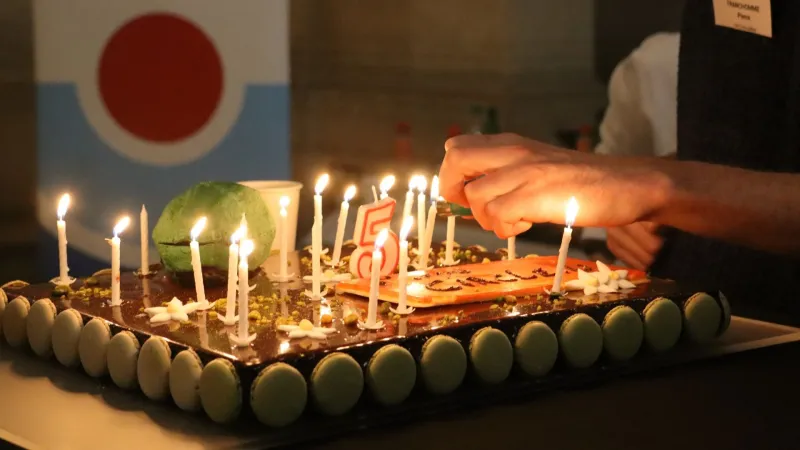
Circle U. 5 years celebration continues at Université Paris Cité

Join the BRIDGE Movement: Find Your Community, Share Your Story, Create Change
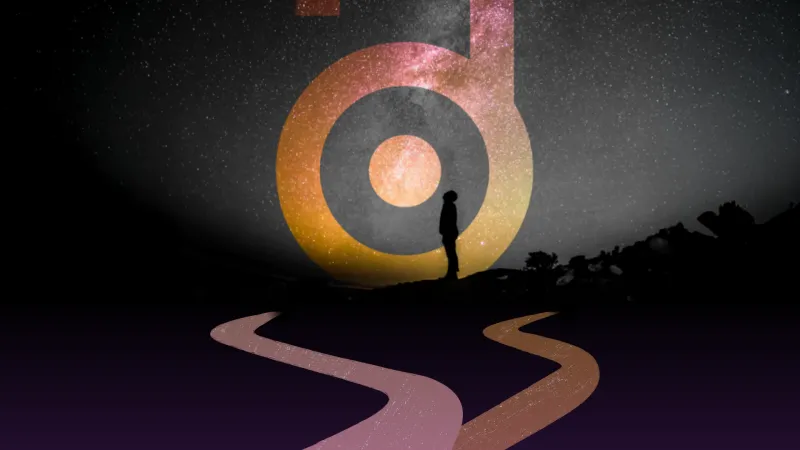
Reassessing Research: A Call for Change from Circle U.
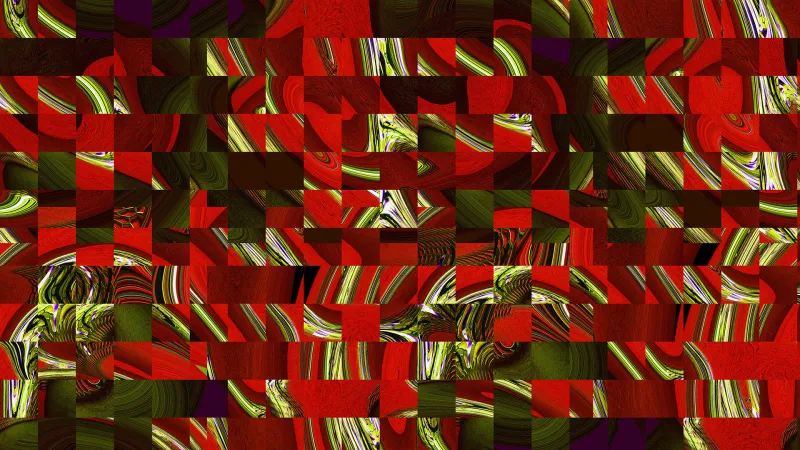
Review of the Science Matters Seminar: “From Curiosity to Reflection”
